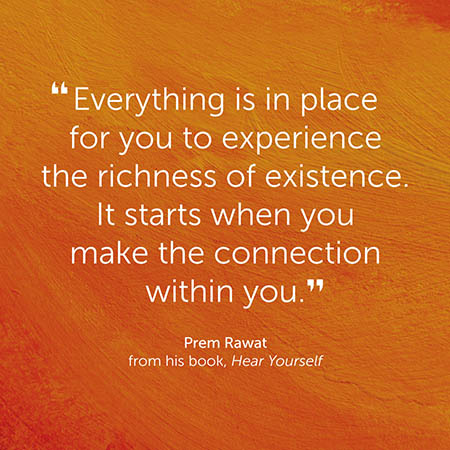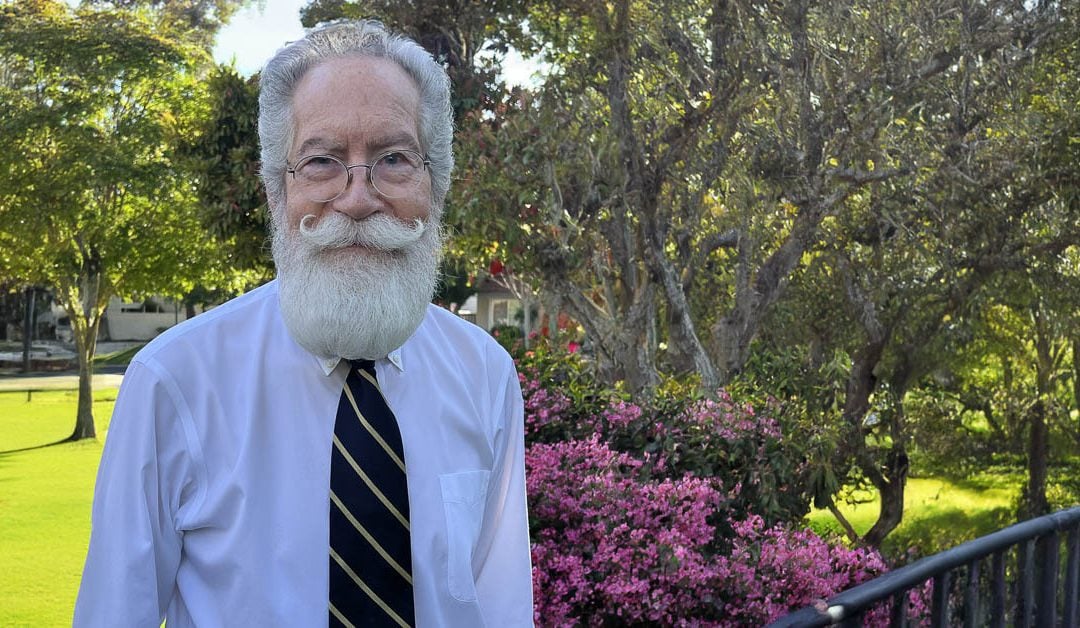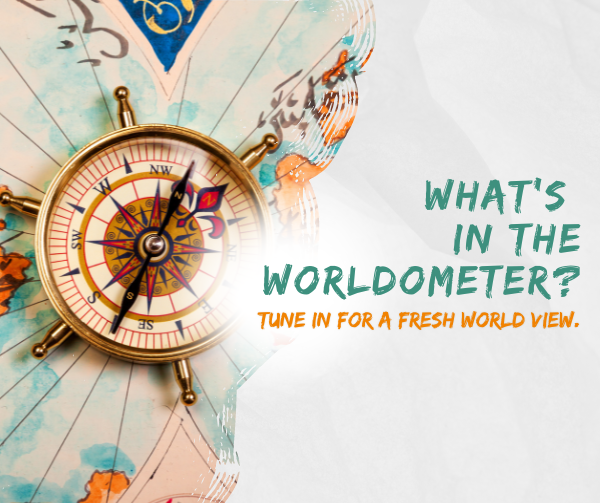—An unfathomable treasure of wisdom
“It is better to light a candle than curse the darkness.”
(A proverb, quoted in the book)
Listening is an art. Hearing is effortless. A rock is dropped in a pond and it sounds something like ‘splash’: the human eardrum captures that sound involuntarily; on the other hand, listening to a Mozart symphony, from start to finish, without being distracted, without being self-referential or having disrupting feelings, requires a major dedicated effort. I had a music professor in university that tutored me to obtain my degree in aesthetics, who used to tell us: “Listen to music without thinking of anything; the slightest thought will distract you from the violins, the beat, intervals, the piano, melodic nuances… and if you think throughout the symphony, you won’t appreciate or understand a thing.”
This jewel of unfathomable wisdom entitled Hear Yourself reminds me of that great music professor. ‘Celebrate each breath’ – I stop in this section and suspend all my inner discourse. And, fine-tuned to the subtle natural breath rhythm, I read this passage very closely: “The arrival of breath in our life is not conditional. Day after day it comes to us without making an appointment, without passing judgment. It comes when we have been good and bad. It comes when we don’t think about it and when we do think about it. There is no more valuable thing for you and me. No money can buy the ability to breathe, so how rich does that make us? We are in possession of something priceless.”
I think how nice, not to think. Then, I do not think. And I say to myself: how sweet is the beauty of thinking while resting on the swing of slow, gentle breathing. I am reminded of René Descartes and write: “I breathe. Therefore, I am.” Young students, do not discard Descartes: he was the first one in the Western world to think for himself (outside dogma). René Descartes opened the way to Modernity with his ultra-famous phrase “I think. Therefore, I am.”
The loving importance the author repeatedly gives to the breath leads me to get immersed in the adventure (of reading) even further. I find this pearl of clarity: “Some people are anxious that self-knowledge will lead to a dull, abstract existence—a retreat from reality. If we gain contentment, do we become like a vegetable (a potato, perhaps, or a turnip) that’s rooted to the spot? With nothing interesting going on in our potato or turnip brain, and no aspirations? Not at all! In some of the stories I’ve read about the life of the Buddha, I can see that he gained enlightenment and then became seriously ambitious.”
Words. Words. Words. Protests the mechanical mind. ‘The mechanical ‘Let us not get entangled in words’, says the author somewhere. Fair warning. It is a fair warning because the essence of the book is peace, the author, after all, was named Ambassador of Peace at the European Parliament.
“We should all be ambassadors of peace, not just me”, the author has said repeatedly. Peace. Peace. Peace. Peace. What does it mean to get entangled in the word peace? To be stuck in the sound. In the sign. A sign of something else. It is as if you were driving your car and were perplexed, thinking of a traffic sign, like a STOP sign, and after stopping the vehicle, you did not continue to drive in that road, or highway, or dusty rural dirt road.
In the same way as we get stuck when ruminating a thought, or when instead of crossing the river, we remain standing on the shore. “The linguistic sign is a sound-image,” says linguist Ferdinand de Sassure in his exquisite Course in General Linguistics. Peace, as a word, is only a sign, a mere sound-image. Prem says: “The feeling of peace is the deepest version of me. But it is also part of something more than me, more than all of us. After I die and you die, the possibility of peace will go on living in every atom in the universe. It is infinite. When we just feel, we are connecting with that infinite peace.” Behind the sound ‘peace’ in this work, I hear an ocean. In Portuguese, a butterfly is a ‘borboleta’. Do butterflies care about that? Waterfall in Spanish is ‘cascada’. The thing is the same, the words are different. It is clear: the map is not the territory.
Hear Yourself is a gentle, clear map to find our inner self. I ask: What do we need to listen to in order to hug a loved one? What loved one? The inner self. The self. The profound inner self (not fake personality). You cannot listen to a fake personality. It is empty. It does not exist.
It is a mere shell, without a nut in it. It is not possible for us, being human beings, to ignore our self. We will be back after a pause. We are already back. Here is another little map, and with this little map, I wrap up this review. “There are oceans inside my heart which I sail, not to go anywhere but because it’s such an
incredible voyage.” Any of your poems to conclude, master? In darkness, you told me to learn how to look. At first, I was confused, but now I see. Without a cup, you told me to learn how to taste. At first, I was thirsty, but now I have drunk. Without moving, you told me to learn to touch. At first, I was numb, but now I feel. In silence, you told me to learn to listen. At first, I was deaf, but now I hear.
I understand better, after reading this book, why a now distant day in the year 1979, the renowned Gestalt psychotherapist and outstanding humanist psychiatrist Claudio Naranjo, told all of us, his students and future educators and Gestalt therapists: “Listen carefully and without prejudices to the sage Prem Rawat, an Einstein of consciousness, and a wonderful poet who sings with simplicity to the infinite, healing universal love.”
Erick Swen Pohlhammer Boccardo is a Chilean poet of the 80s generation, a self-described “media figure, traveller, compulsive reader, Zen Buddhist, and expert in both academic and pop culture.” Wikipedia






